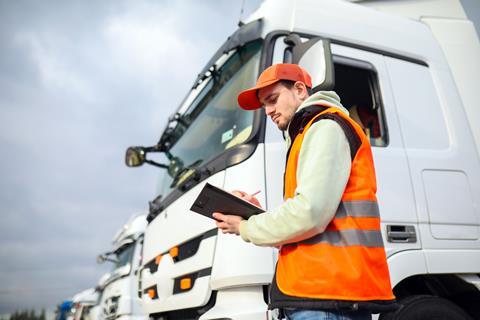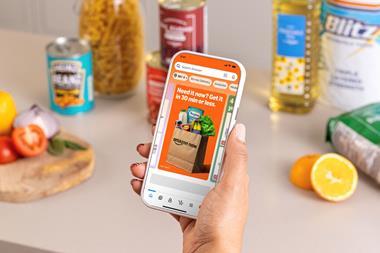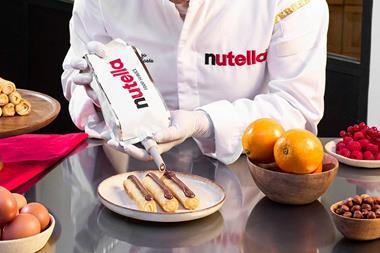
The UK government has postponed the rollout of a key part of its post-Brexit border strategy amid concerns the technology was not ready.
New safety and security declarations for all imports from the European Union were supposed to be introduced on 31 October this year as part of the government’s Border Target Operating Model (BTOM).
These certificates are used by border authorities to analyse the potential risk caused by goods crossing their border, and signalled the next big stage in border controls on EU imports.
The requirements have now been pushed back by three months to 31 January 2025, HMRC confirmed, following rumours that the software wasn’t ready and that many businesses were not prepared.
Nikki Sayer, a representative for the Institute of Chartered Shipbrokers sitting on the government’s Joint Customs Consultative Committee – who were among the first to learn of the delay – said the technology was “being finalised” and that its rollout had also been affected by the general election.
Each declaration would have cost businesses around £15-£45, Sayer said.
Marco Forgione, director general of the Chartered Institute of Export and International Trade, said the delay to the safety & security declarations ”will be welcomed by some businesses”.
“This is not a surprise as industry has seen little in the way of guidance being issued on the third implementation of BTOM”, he said. “The overall aim of the BTOM is to deliver a world-leading, digital first border system for the UK, not create more confusion and extra cost for business.”
Forgione urged the government to ”step up the engagement programme in the lead-up to the January deadline to ensure a smooth transition to the new checks”.
“We have heard from members and businesses in the UK and EU who just need certainty with regards to the UK border” he added.
”We know it is early days for the government and the timetable for the implementation for BTOM was not theirs. However, announcements like this, have got to made in collaboration and partnership with businesses.”
The government encouraged customs operators that were ready to start submitting declarations for EU imports ahead of the January deadline to do so – for instance, businesses that already submit them for their imports from the rest of the world.
“We will publish further information in the coming weeks and will reach out to key stakeholders over the next week to start arranging more detailed engagement sessions, including to support readiness activity,” it said.
The BTOM has been plagued by multiple delays at different stages since the UK officially left the EU in 2021.
Read more: Brexit costs mount for industry as Defra urged to address border chaos
Document and physical checks on high-risk animal and plant products entering Britain weren’t introduced until April this year after being postponed five times by the Conservatives.
Plans to extend those checks to fresh produce have also recently been delayed to July 2025 over fears this would lead to fruit & veg shortages and increase prices for consumers.
According to traders, even the checks conducted at the border since April have been minimal due to several IT hiccups, with authorities forced to wave in trucks without undergoing proper controls to avoid delivery delays.
At the same time, the government was supposed to roll out the Single Trade Window, a digital platform where importers and exporters can submit all their trade paperwork – and widely considered the crown jewel of Britain’s post-Brexit trade strategy – by the end of 2024.
However, this software too has reportedly been ridden with issues – with a National Audit Office report earlier this year revealing that the core technology behind the Single Trade Window, managed by Deloitte and IBM, was “several months” behind schedule – forcing government to postpone its launch as well.
“In terms of the Single Trade Window announcement, we welcome that the government wants more feedback and better engagement with industry,” Forgione said.
“It is essential that the Single Trade Window delivers for business here, in the EU, and the rest of the world.”
HMRC said the first release of the Single Trade Window functionality was currently being trialled with selected users.
The announcements came as prime minister Keir Starmer made his first visit to Brussels as he attempts to reset UK-EU relations.
His Labour government is also planning to negotiate a veterinary deal with the bloc, which could potentially remove the needs for any SPS checks on EU food imports.



















No comments yet